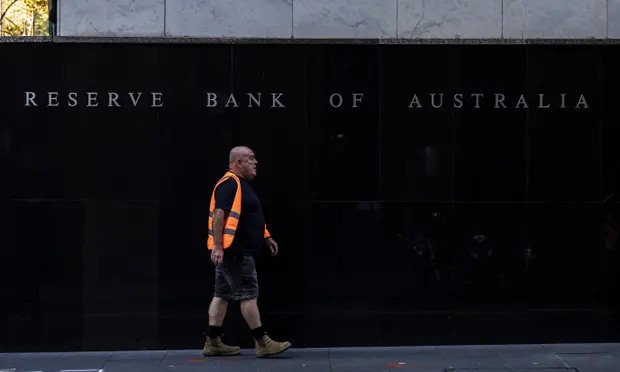Many homeowners have seen a significant increase in mortgage rates after the Reserve Bank of Australia (RBA) raised the cash rate by 50 basis points. This is the largest rate increase in more than two decades. Coincidentally, gas and electricity prices have also risen at the same time. As a result, many are struggling financially. A report on interest rates.
Important aspects:
-
The increase in interest rates from 0.35 per cent to 0.85 per cent has had an immediate effect on many homeowners.
-
Interest rates are widely expected to rise as inflation rises in Australia
-
Economists say higher wages could put more pressure on inflation
The increase in interest rates from 0.35 per cent to 0.85 per cent has had an immediate effect on many homeowners.
The recent rise in interest rates has raised concerns among many buyers and homeowners.
At the same time, gas and electricity prices have risen further. It can be said that many will face difficult situation this winter.
John Robertson, CEO of Food Bank of New South Wales and ACT, said some families are struggling to make ends meet.
He said that charitable activities have already expanded a lot. However, the demand for assistance is also increasing.
There are approximately 3.5 million homeowners across Australia. The increase in interest rates from 0.35 per cent to 0.85 per cent has had an immediate effect on many of them.
This is the largest rate increase since 2000. Since then, however, the rate has been increased several times.
Rising inflation is a key issue, driven by various domestic and international regulators, Reserve Bank Governor Philip Lowe said in a written statement.
Federal Treasurer Jim Chalmers said the situation would get worse, then the situation would improve.
The Reserve Bank of Australia or RBA is fearful of inflation. At present, the inflation rate is 5.1 percent. This year it will increase further. After that, it will come down to 2 to 3 percent next year.
This will be reflected in the increase in the cost of living, for example, the cost of electricity and market-perpetual costs.
The Treasurer added that the rise in interest rates would make it difficult for the government to repay the loan.
Opposition Treasury spokesman Angus Taylor said the new government would have to cut spending on new spending commitments.
However, the prime minister declined to comment. He was then on a tour of Indonesia.
An important issue during the election campaign is also being brought to the fore now.
The Australian Council of Trade Unions (ACTU) has again called for a pay rise. To help with the pressure of living expenses.
The Fair Work Commission has decided to increase the minimum wage in response to the government’s request.
Sally McManus, secretary of the Australian Council of Trade Unions (ACTU), said raising the salaries of some of the lowest paid workers would boost the economy.
However, economists such as Sarah Hunter of KPMG (K-P-M-G) say higher wages could put additional pressure on inflation.
The RBA says they fear inflation will rise further. That means many Australians will suffer financially in the coming months.





